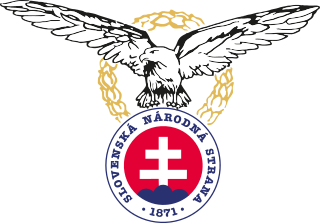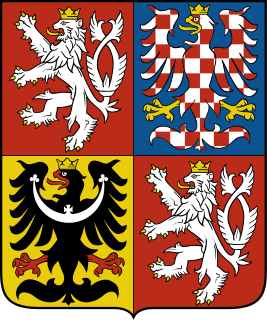| |||||||||||||||||||||||||||||
| |||||||||||||||||||||||||||||
All 150 seats to the House of the People All 150 seats to the House of Nations 76 seats needed for a majority | |||||||||||||||||||||||||||||
|---|---|---|---|---|---|---|---|---|---|---|---|---|---|---|---|---|---|---|---|---|---|---|---|---|---|---|---|---|---|
| Turnout | 96.79% | ||||||||||||||||||||||||||||
| |||||||||||||||||||||||||||||
| |||||||||||||||||||||||||||||
 |
|---|
| This article is part of a series on the politics and government of Czechoslovakia |
|
| Administrative divisions |
Federal elections were held in Czechoslovakia on 8 and 9 June 1990, [1] alongside elections for the Czech and Slovak Assemblies. [2] They were the first elections held in the country since the end of Communist rule seven months earlier, and the first free elections since 1946.

Czechoslovakia, or Czecho-Slovakia, was a sovereign state in Central Europe that existed from October 1918, when it declared its independence from the Austro-Hungarian Empire, until its peaceful dissolution into the Czech Republic and Slovakia on 1 January 1993.
Contents
The election saw a comprehensive victory for the movement of President Václav Havel. The Czech wing, Civic Forum, won 68 of the 150 seats in the House of the People and 50 of the 150 seats in the House of Nations. Its Slovak counterpart, Public Against Violence, won 19 seats in the House of the People and 33 in the House of Nations. [2] Civic Forum won 36% of the vote for the House of the People, the most a Czechoslovakian party won in a free election.

Václav Havel was a Czech statesman, writer and former dissident, who served as the last President of Czechoslovakia from 1989 until the dissolution of Czechoslovakia in 1992 and then as the first President of the Czech Republic from 1993 to 2003. As a writer of Czech literature, he is known for his plays, essays, and memoirs.

The Civic Forum was a political movement in the Czech part of Czechoslovakia, established during the Velvet Revolution in 1989. The corresponding movement in Slovakia was called Public Against Violence.
Public Against Violence was a political movement established in Bratislava, Slovakia in November 1989. It was the Slovak counterpart of the Czech Civic Forum.
The two wings of Havel's movement commanded a strong majority in the legislature, [3] with 87 seats in the House of the People and 83 in the House of Nations between them. It was the only occasion in Czechoslovakia's history in which a party or alliance won an outright majority of seats in a free election. Voter turnout was 96.2%. [2] The Communist Party of Czechoslovakia, running in an honest election for the first time in 44 years, made a stronger showing than expected, taking 13 percent of the vote in both chambers to finish second behind Civic Forum. [3]

The Communist Party of Czechoslovakia was a Communist and Marxist–Leninist political party in Czechoslovakia that existed between 1921 and 1992. It was a member of the Comintern. Between 1929 and 1953 it was led by Klement Gottwald. After its election victory in 1946 it seized power in the 1948 Czechoslovak coup d'état and established a one-party state allied with the Soviet Union. Nationalization of virtually all private enterprises followed.
Although Civic Forum and Public Against Violence had more than enough seats between them to govern without the support of other parties, they sought a broader base. They let it be known that they were willing to go into coalition with all parties except the Communists and the Slovak National Party. [3]

The Slovak National Party is a nationalist political party in Slovakia. The party characterizes itself as a nationalist party based on both social and the European Christian values.







